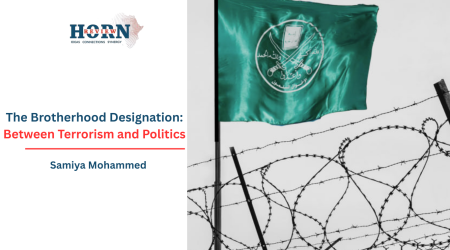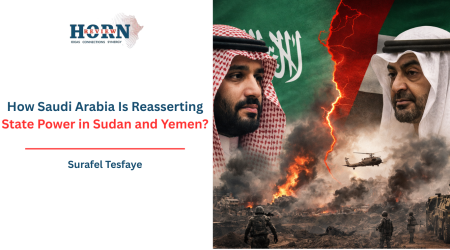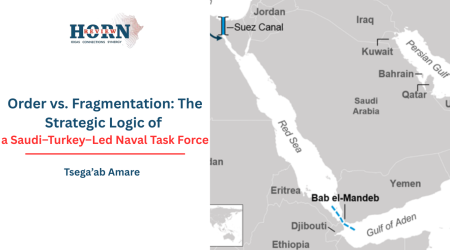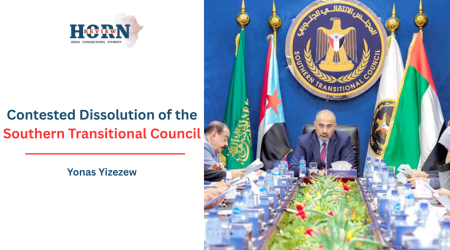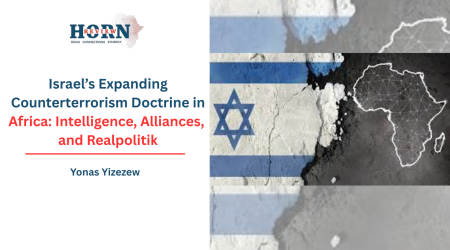
17
Feb
Assessing the Effectiveness of U.S. Funding in Somalia
The U.S. has committed substantial resources to combat al-Shabaab in Somalia, yet the results have been largely underwhelming. By utilizing UN Security Council Resolution 2719 to finance the African Union’s mission (AUSSOM), the U.S. risks creating ongoing financial obligations through its UN dues. This situation could ultimately disadvantage American taxpayers, raising questions about the efficiency of such funding strategies.
To enhance effectiveness, a collaborative effort between the European Union and U.S. leadership is essential in developing a sustainable funding strategy. Such a partnership could provide a more balanced approach to addressing the complexities of the Somali conflict, ensuring that resources are allocated efficiently and effectively. This shift could lead to better outcomes in stabilizing the region and combating extremist groups.
Moreover, the African Union and United Nations must prioritize implementing the reforms specified in Resolution 2719. These reforms are vital for improving the effectiveness of future peace support missions. Without robust accountability and oversight mechanisms, continued financial commitments may result in minimal progress, undermining international efforts to stabilize Somalia.
Addressing these critical issues is necessary for ensuring that international initiatives in Somalia are both effective and responsible. A strategic reevaluation of funding mechanisms, combined with a commitment to reform, could lead to more meaningful outcomes in the fight against al-Shabaab and contribute to long-term stability in the region.






